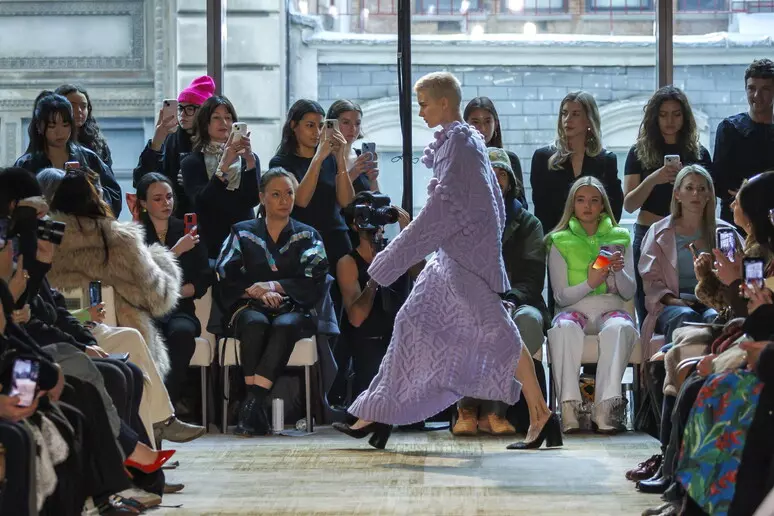A collective appeal, signed by over 200 top models, has reached New York Governor Kathy Hochul, urging her to approve the Fashion Workers Act. Among the signatories of the open letter are renowned names such as Christy Turlington, Helena Christensen, Alessandra Ambrosio, and Beverly Johnson, all calling for greater protections regarding sexual harassment, discrimination, and the various risks arising from the unregulated use of artificial intelligence.
Already approved by the Assembly and Senate of the State last June, the bill now only awaits the signature of Hochul, which is expected by December 24, to become law.
The letter highlights the urgency of introducing basic protections to ensure a safe and fair working environment in the fashion industry. The models have reported the daily struggles they face and described a still disappointing system in one of the most vibrant and significant sectors.
The Fashion Workers Act, in the works since 2022, is the result of efforts by the Model Alliance, an organization dedicated to defending the rights of workers in the industry in the United States. Its executive director, Sara Ziff, emphasized the importance of this law to counterbalance the power imbalances between models and agencies.
The bill shines a spotlight on the vulnerabilities of the models, many of whom are young and inexperienced, often unaware of their earnings. For foreign models, the situation is even more complicated: their agencies can manage their visas and thus create near-total dependency.
Ziff further stressed that if an agency cannot operate with transparency in contracts and finances for models, then the business model it relies on is flawed. She also added that if profits come from the exploitation of young women, the entire system needs to be rethought.
Another crucial issue is artificial intelligence. The use of technology to create or manipulate digital replicas of models’ faces without written consent is a real threat. These concerns echo those raised by Hollywood actors and writers, who went on strike for months to secure guarantees regarding this usage.
However, top models find themselves in an even more precarious position: not being unionized, they are often considered independent contractors, lacking the protections afforded to other workers.












